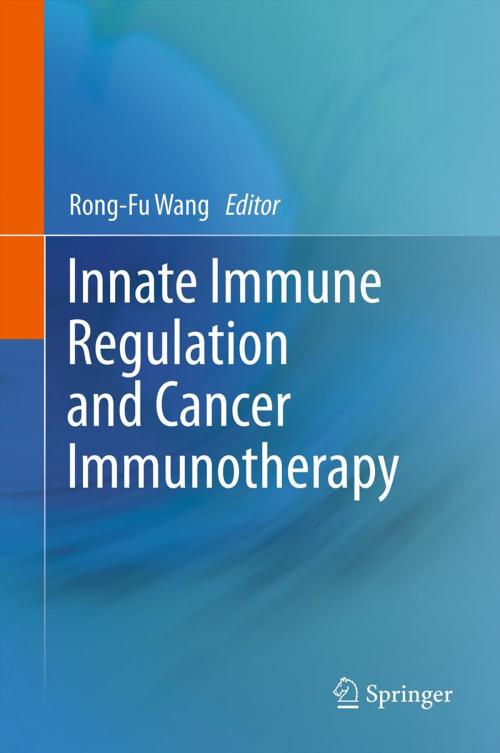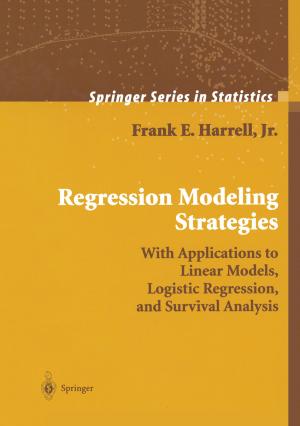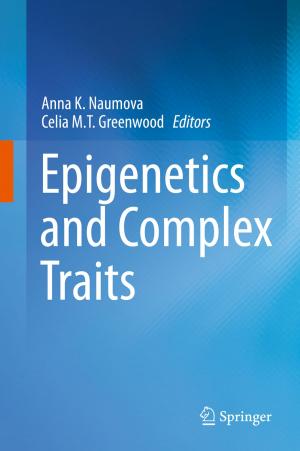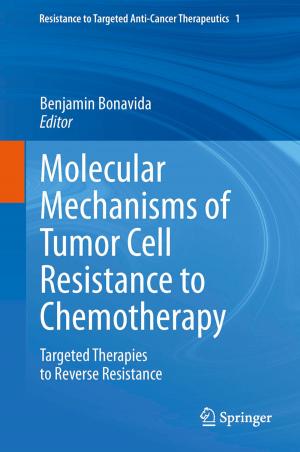Innate Immune Regulation and Cancer Immunotherapy
Nonfiction, Health & Well Being, Medical, Medical Science, Immunology, Specialties, Oncology| Author: | ISBN: | 9781441999146 | |
| Publisher: | Springer New York | Publication: | February 2, 2012 |
| Imprint: | Springer | Language: | English |
| Author: | |
| ISBN: | 9781441999146 |
| Publisher: | Springer New York |
| Publication: | February 2, 2012 |
| Imprint: | Springer |
| Language: | English |
Innate and adaptive immunity play important roles in immunosurveillance and tumor destruction. However, increasing evidence suggests that tumor-infiltrating immune cells may have a dual function: inhibiting or promoting tumor growth and progression. Although regulatory T (Treg) cells induce immune tolerance by suppressing host immune responses against self- or non self-antigens, thus playing critical roles in preventing autoimmune diseases, they might inhibit antitumor immunity and promote tumor growth. Recent studies demonstrate that elevated proportions of Treg cells are present in various types of cancers and suppress antitumor immunity. Furthermore, tumor-specific Treg cells can inhibit immune responses only when they are exposed to antigens presented by tumor cells. Therefore, Treg cells at tumor sites have detrimental effects on immunotherapy directed to cancer.
Innate and adaptive immunity play important roles in immunosurveillance and tumor destruction. However, increasing evidence suggests that tumor-infiltrating immune cells may have a dual function: inhibiting or promoting tumor growth and progression. Although regulatory T (Treg) cells induce immune tolerance by suppressing host immune responses against self- or non self-antigens, thus playing critical roles in preventing autoimmune diseases, they might inhibit antitumor immunity and promote tumor growth. Recent studies demonstrate that elevated proportions of Treg cells are present in various types of cancers and suppress antitumor immunity. Furthermore, tumor-specific Treg cells can inhibit immune responses only when they are exposed to antigens presented by tumor cells. Therefore, Treg cells at tumor sites have detrimental effects on immunotherapy directed to cancer.















